Anti-Reflux / GERD Surgery
Anti-Reflux Surgery Overview
Types of acid reflux treatments
We offer several anti-reflux treatments that target the LES (lower esophageal sphincter) including the following:
- Laparoscopic Nissen Fundoplication
- LINX Procedure
- TIF Procedure
Acid reflux medication vs surgery?
Even though mild acid reflux can be controlled with medication, there are cases where medication is not enough. The goal of the surgical procedures is to repair the root cause of the symptoms. This is typically done by repairing the LES (lower esophageal sphincter). Long term use of certain acid reflux medications can also have harmful side effects. Schedule your appointment today to see if our acid reflux treatments are right for you.
*Do not stop taking your PPI or other medications unless you are told to do so by your health care professional.
What are the results after surgery?
Results will vary for each individual. For the TIF (Transoral incisionless fundoplication), 90% of patients reported the elimination of daily bothersome heartburn. For more information on the TIF procedure visit: https://www.endogastricsolutions.com/technology/safety-info/





